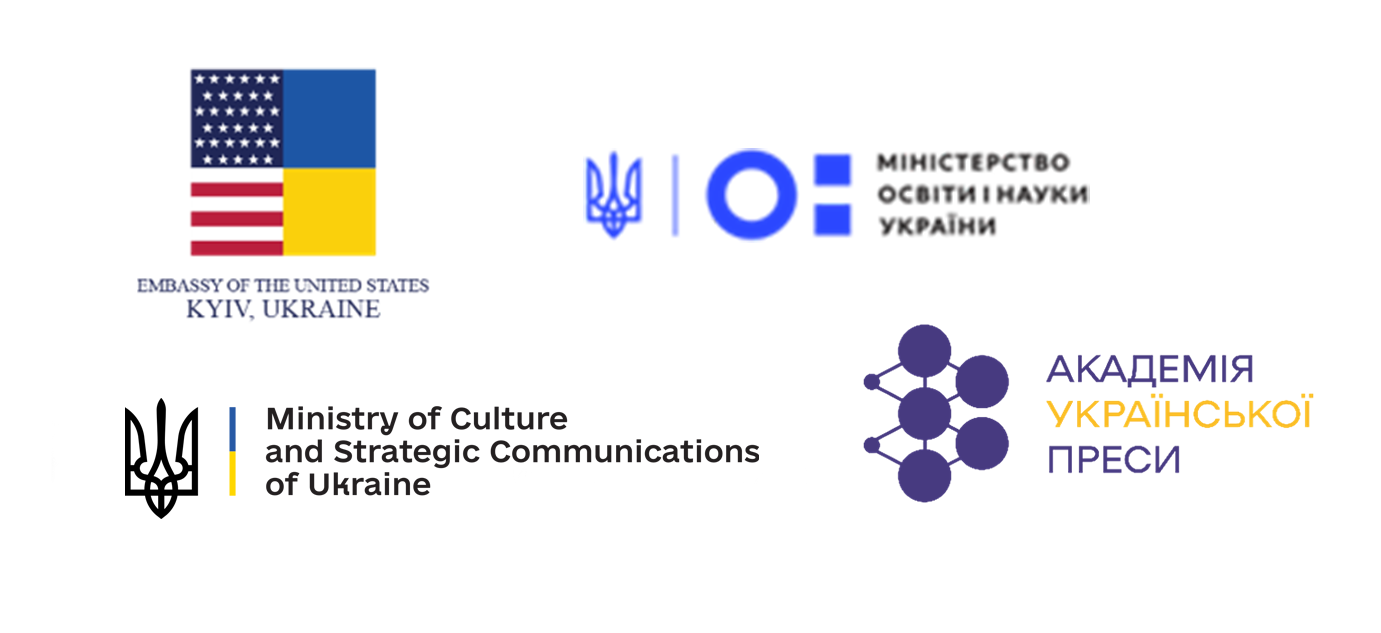Overview
Since 2015, L2D-Ed has been one of Ukraine’s largest and most successful programs working to build resilience to manipulation. The project, supported by the U.S. Embassy in Ukraine, seeks to integrate media and information literacy (MIL) education into Ukraine's national school curricula and teacher training programs.
Implemented in close cooperation with the Ukrainian Ministry of Education and Science, L2D-Ed aims to equip students and educators with critical thinking skills. MIL has emerged as a crucial tool for countering manipulative information and fostering resilience among Ukrainians due to Russia’s invasion and the ongoing war. The project provides comprehensive teacher training, develops innovative curricula, and offers resources to support educators to empower students to become informed and critical consumers of information.

